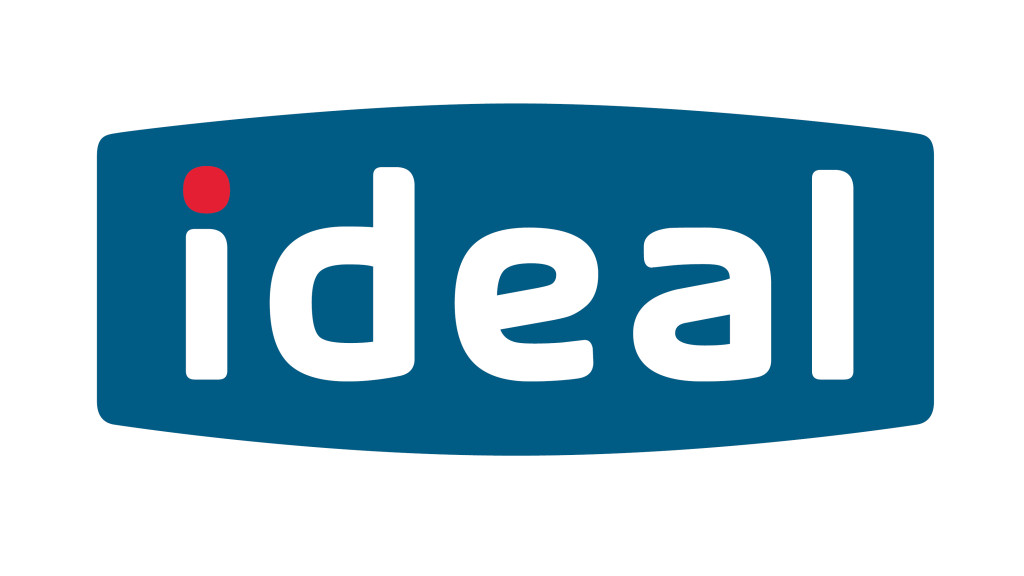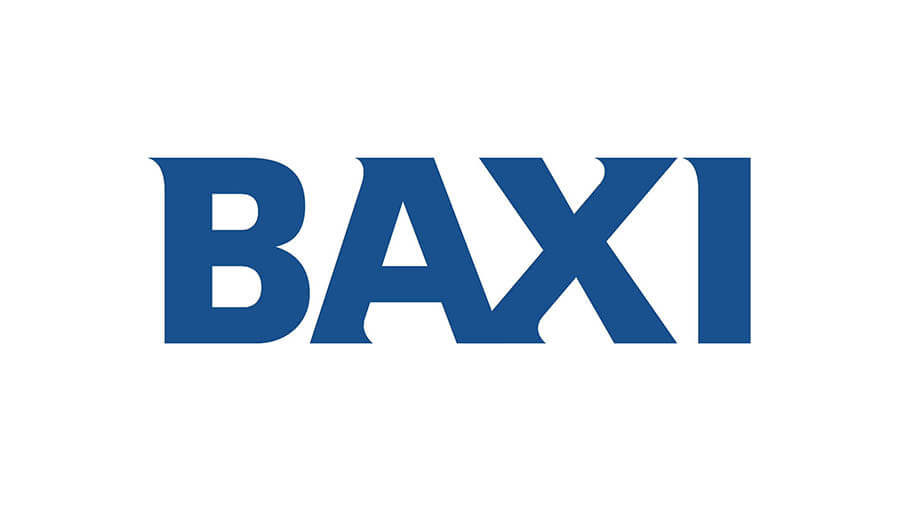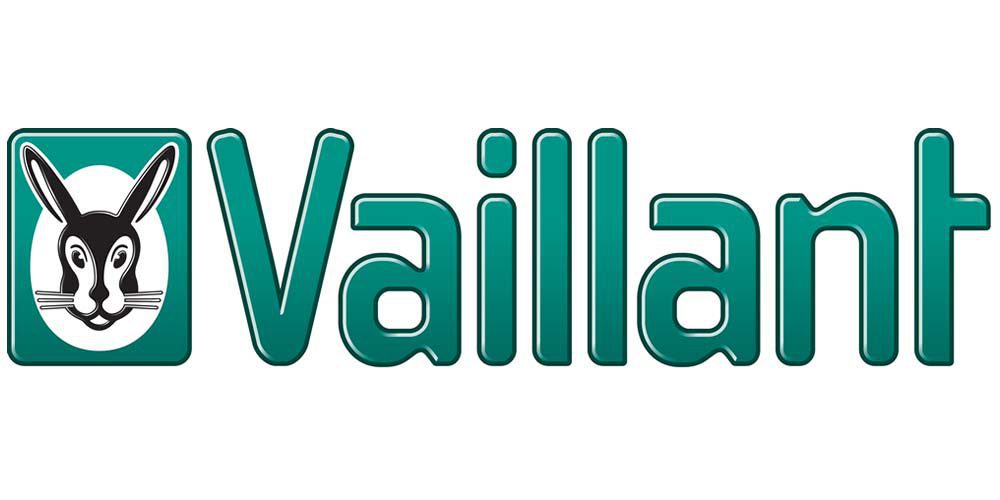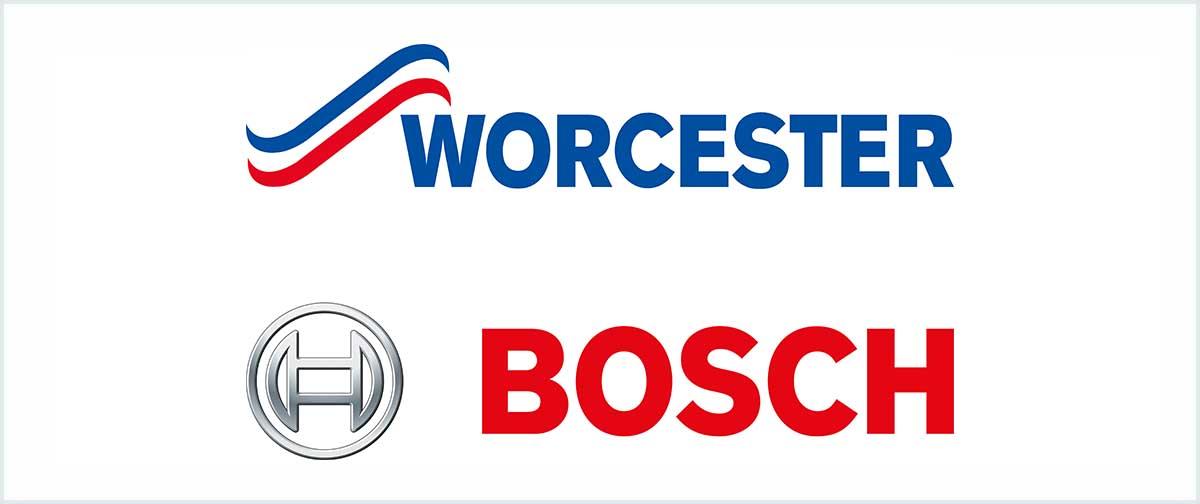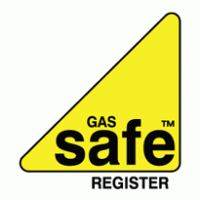
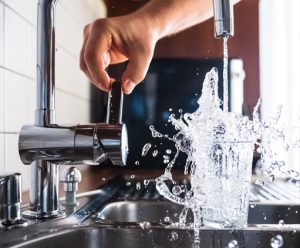 Embarking on DIY plumbing projects can be a rewarding endeavour, but it’s crucial to prioritise safety to avoid mishaps and costly repairs. Whether you’re fixing a leaky tap or installing a new bathroom fixture, following essential safety guidelines is imperative. In this guide, we’ll outline key safety measures every Brit should know before undertaking any plumbing task.
Embarking on DIY plumbing projects can be a rewarding endeavour, but it’s crucial to prioritise safety to avoid mishaps and costly repairs. Whether you’re fixing a leaky tap or installing a new bathroom fixture, following essential safety guidelines is imperative. In this guide, we’ll outline key safety measures every Brit should know before undertaking any plumbing task.
Familiarise Yourself with Plumbing Systems:
Wear Protective Gear:
Use the Right Tools:
Turn Off Water Supply:
Beware of Hot Water:
Proper Ventilation:
Know When to Seek Professional Help:
Conclusion: Prioritising safety is paramount when undertaking DIY plumbing projects in your home. By following these essential guidelines, you can minimise risks, prevent accidents, and complete tasks with confidence. Remember to always work methodically, use proper tools and protective gear, and know your limitations. When in doubt, don’t hesitate to seek professional assistance to ensure the safety and integrity of your plumbing system.
